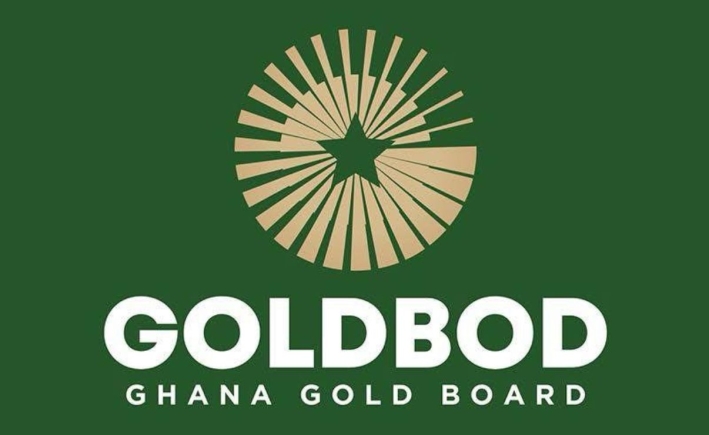Ghana is a well-endowed country.
Its resource endowment includes gold.
Our resource endowments suggest the socio-economic development needle should be much further ahead than it currently is.
When countries such as Ghana face economic and fiscal challenges, there is the temptation to question whether resource endowments even matter.
It may sound counterintuitive to think there would be a question about the utility of resource endowments for a country.
Given the choice, will countries prefer not to be resource-endowed? I doubt Ghana would rather not have gold or oil.
In 2013, I completed a comparative research study on the institutional arrangements and policy choices in the cocoa, timber and gold mining sectors.
It was instructive, capturing the different reasons behind the variation in government policies for each of the sectors, especially in terms of where it chooses to exert more control.
The Ghana Gold Board, a promise of the National Democratic Congress (NDC) during the 2024 elections, marks a significant policy departure from decades of how governments have managed the marketing and export of gold.
The government’s interest and policy rationale
Resource endowments in and of themselves are not problematic. However, for them to yield positive outcomes for a society, certain mediators are needed — quality institutions, good policy choices, positive behaviour of state officials, to mention a few. This makes any policy initiative in resource sectors crucial in two ways — a) properly managing an important resource endowment; and b) using the proceeds to move a country’s development needle significantly forward.
The policy rationale, as per my understanding, of the Gold Board Bill is multifaceted – a) maximise foreign exchange returns; b) strengthen the country's accumulation of gold reserves; c) sanitise the small-scale mining sector; and d) derive the full economic and development benefits from gold.
The government’s interest is driven by a strong desire to extract maximum benefits from a sector whose exports contributed $11.5 billion in 2024, 40 per cent of which came from the small-scale mining sector (as noted in the memorandum accompanying the bill).
In reading the bill, the government appears to argue that Ghana’s inability to maximise benefits from gold is partly due to a) inadequacy of the fiscal regime in place — use of taxes and royalties to extract rents; and b) non-compliance with the foreign exchange retention policy governing gold exports.
The policy rationale makes sense.
The question is whether the path chosen is the optimal policy choice to achieve the government’s policy objectives.
Is monopoly and centralisation the answer?
The bill lays out in detail how the government intends to operationalise this policy initiative. It is a clear demonstration of the well-intended nature of the legislation. Here are three key points for reflection.
First, the country’s history with state monopolies gives me a worrying pause.
The results of their operations have throughout the years imposed fiscal burdens on the State.
This history cannot be overlooked
The question is – how does the Ghana Gold Board intend to leverage the historical lessons offered by our experiences with state monopoly and centralisation to avoid repeating the mistakes of the past?
What administrative practices will the board put in place to assure the successful implementation of this policy shift?
Second, although the bill appears to create a monopoly mainly to deal with the small-scale mining sector, Section 3(1)(d) allows the government to use its pre-emption rights under existing law to “buy a portion or all of the gold produced by large-scale mining companies.”
The incentive structure in the sector for large versus small-scale mining is different, which means clear guidelines in how these pre-emption rights are exercised will be helpful.
The last thing the board wants to do is to create a disincentive for the large-scale mining companies whose technical and financial investments have been crucial in sustaining the viability of the sector.
Third, how does the board plan to avoid the trappings of Section 22 of the bill which gives it borrowing powers?
In the country’s recent International Monetary Fund (IMF) programme, the debts accumulated by state-owned entities were flagged as an area of major concern.
More importantly, Section 22(b) of the bill needs administrative guardrails to clarify which properties or interests of the Gold Board may be “charged, mortgaged, pledged” etc. to secure money it wants to borrow.
For example, will this power enable the board to borrow against future gold earnings?
In conclusion
The successful implementation of the objectives of the Ghana Gold Board is the sole driver of the points of reflection being raised here.
At the end of the day, maximising the benefits of a natural resource for the country’s development is a noble idea.
However, noble intentions can deviate from their ideal path which is why the implementation phase will be crucial.

